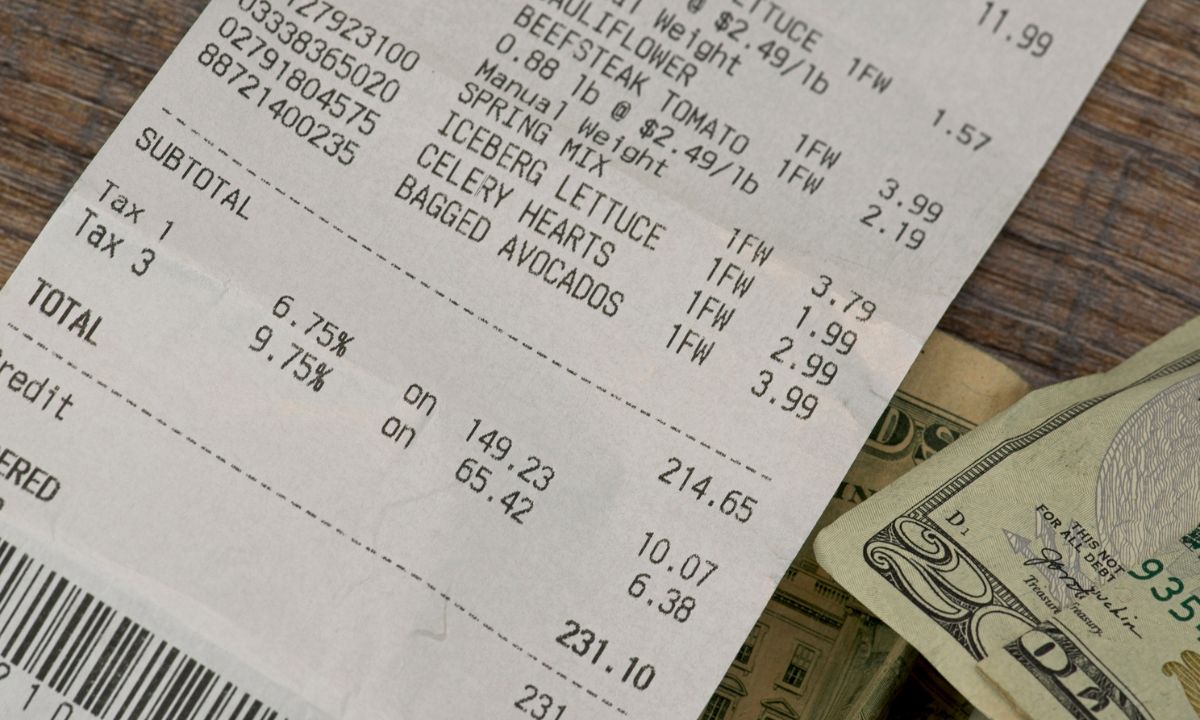Millions of Dollars Meant to Help South Carolina Families Buy Groceries Went Unused
Overwhelming majority of the 537,000 debit cards mailed last August were used at least once

Get stories like this delivered straight to your inbox. Sign up for The 74 Newsletter
COLUMBIA — Just over $8 million meant to help families afford groceries went unused when debit cards with the money expired last month, according to state data.
Last August, the state Department of Social Services mailed nearly 537,000 debit cards loaded with money for groceries to families across the state. The money was part of a temporary federal program during the COVID-19 pandemic meant to help families buy groceries during the months when their children weren’t in school.
The last round of cards, which gave families $120 per child, expired in May, nine months after they were issued. Nearly 470,000 cards — 87.5% of those mailed — were activated, totaling $56.2 million.
Whether families used up all of their allotment is unknown. DSS doesn’t track how much of a card is used once it’s activated. But with the cost of groceries, it’s expected that families who activated their card at all quickly used their total available.
Cards remain good nine months after they’re used for an initial purchase of any amount. That means the 1,300 people who first used the cards between April and May have until next January or February to use the remaining money before it, too, returns to the federal government.
The exact reasons 67,000 families did not use their cards at all are unknown. There could be several reasons a parent didn’t use the money, DSS officials and advocates have said.
Some cards may have been lost in the shuffle of other pandemic assistance, Sue Berkowitz, an advocate with Appleseed Legal Justice Center, said previously. Others may have thrown it out because they didn’t know what it was or that it was legitimate.
The social services and education departments tried to get the word out through news interviews and social media posts, agency spokespeople said.
Still other families may have intentionally discarded the aid. The cards went to the addresses listed for any student who qualifies to eat free or reduced-priced meals at school.
And the vast majority of schools statewide qualify for a federal program that allows all students to eat for free, regardless of their parents’ income. That means families who normally don’t qualify for any public assistance received the grocery debit cards anyway.
The cards sent out in August were the final of seven rounds of federal pandemic grocery aid.
In all, the state distributed 2.26 million cards between July 2020 and last August providing $1.04 billion for groceries. Parents used 90% of those cards at least once, according to DSS data.
While no complete database of states’ usage exists, South Carolina families seem to have used the money at a higher rate than other states. For instance, Missouri had about $37 million in unused grocery aid in February, and Louisiana had $16 million in April, just ahead of their cards’ expiration dates.
A new, permanent version of the program began in 35 states this summer. South Carolina was not among them after Gov. Henry McMaster declined to participate, pointing to other statewide programs that feed children over the summers.
Unlike the pandemic-era aid, which the federal government fully funded, the new program requires states to chip in half the administrative cost.
Democratic legislators lambasted McMaster for his decision, but legislation that would have required him to sign on and asking Congress to extend the Jan. 1 deadline to sign up went nowhere.
SC Daily Gazette is part of States Newsroom, a nonprofit news network supported by grants and a coalition of donors as a 501c(3) public charity. SC Daily Gazette maintains editorial independence. Contact Editor Seanna Adcox for questions: [email protected]. Follow SC Daily Gazette on Facebook and X.
Get stories like these delivered straight to your inbox. Sign up for The 74 Newsletter

;)